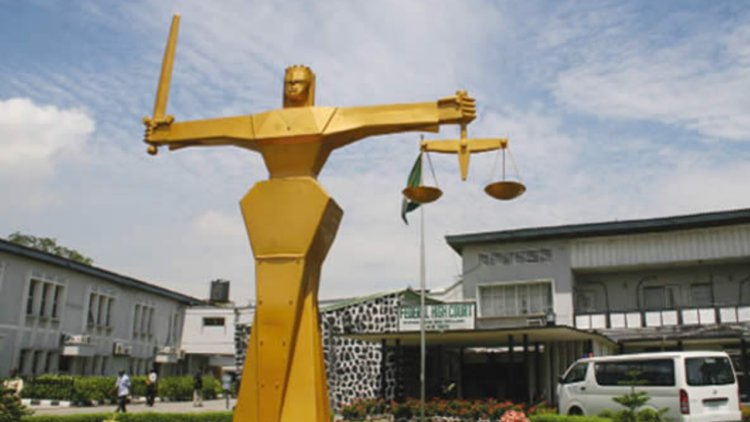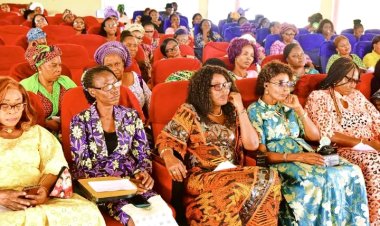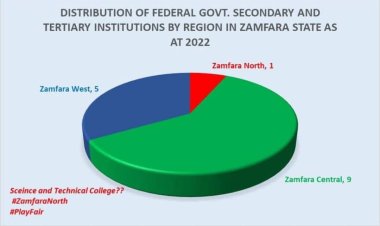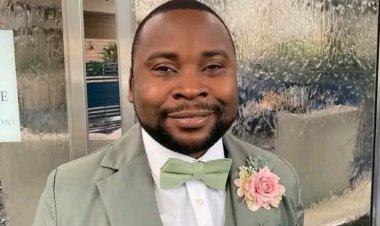Court Declines Bail for UNICAL Professor Amid ICPC Investigation
The presence of the ICPC investigator in court highlights the active involvement of law enforcement agencies in probing the allegations against Prof. Cyril Ndifon. This testimony serves as a crucial step in the legal proceedings, providing insights into the nature of the investigation and the evidence gathered thus far.

In a recent development, a Federal High Court in Abuja has rejected the bail applications of Prof. Cyril Ndifon, a professor at the University of Calabar (UNICAL). The decision came as the Independent Corrupt Practices and Other Related Offences Commission (ICPC) investigator testified in the ongoing case.

The court's decision to deny bail to Prof. Cyril Ndifon underscores the gravity of the charges against him and the importance of conducting a thorough investigation. The refusal to grant bail indicates the court's commitment to ensuring the integrity of the legal process and preventing any potential interference with the ongoing investigation.
The presence of the ICPC investigator in court highlights the active involvement of law enforcement agencies in probing the allegations against Prof. Cyril Ndifon. This testimony serves as a crucial step in the legal proceedings, providing insights into the nature of the investigation and the evidence gathered thus far.
The refusal to entertain the bail applications demonstrates the court's adherence to due process and its determination to uphold the principles of justice. As the case unfolds, the court's decision reflects a commitment to ensuring accountability and transparency in addressing allegations of corruption and related offenses.
RECOMMENDED FOR YOU:Experts Advocate Inclusion of Forex Trading in NYSC Curriculum
The denial of bail for Prof. Cyril Ndifon serves as a reminder of the importance of upholding the rule of law and holding individuals accountable for their actions. As the legal proceedings continue, the court's decision sets a precedent for the thorough and impartial adjudication of cases involving allegations of misconduct and abuse of authority.





